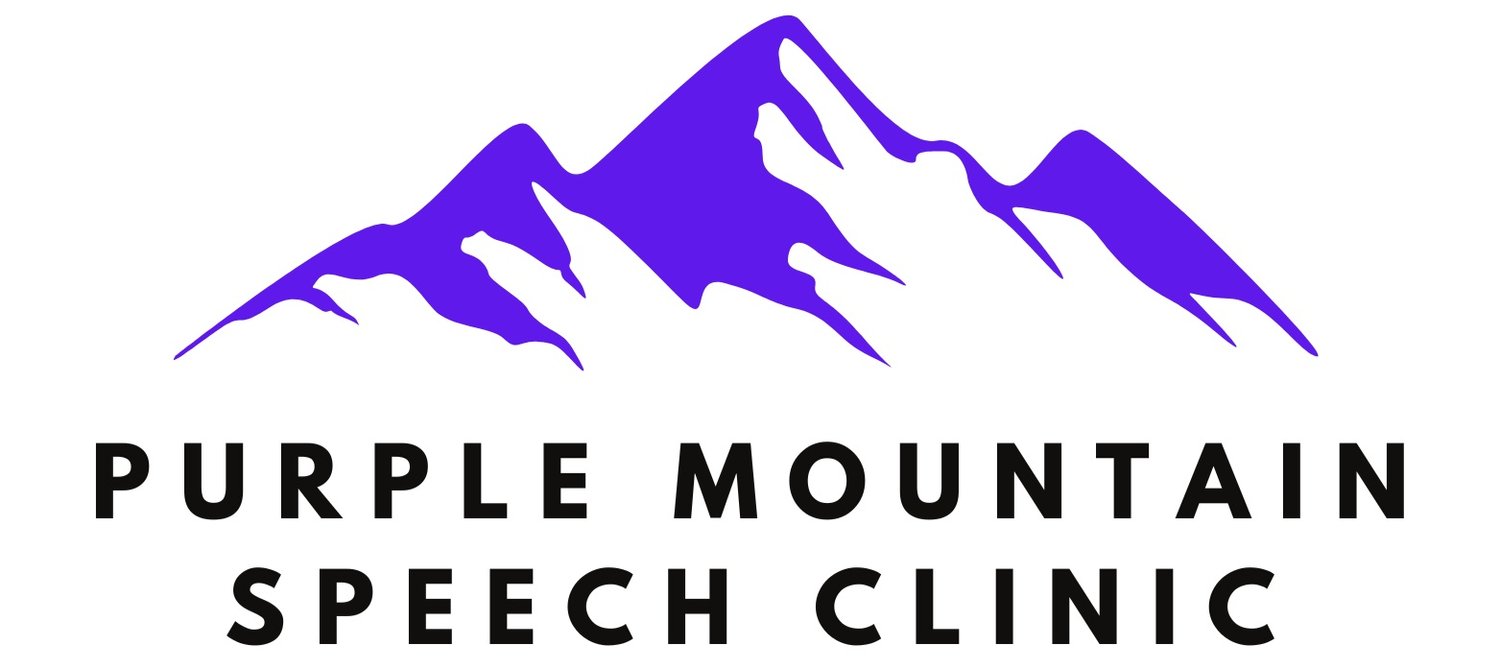Cognitive-Linguistic Therapy
Cognitive-linguistic therapy is a specialized treatment aimed at enhancing cognitive and linguistic abilities in adults who have suffered brain injuries, strokes or other neurological disorders. The primary objective of this therapeutic approach is to aid individuals in the improvement of language processing and comprehension capabilities while also boosting memory retention, attention span, and problem-solving skills.
This form of therapy is generally administered by an expert speech-language pathologist (SLP), with special expertise dealing with people having cognitive and language impairments. Therapy sessions can be conducted on individual basis or within group environments depending upon specific requirements & objectives set for each person.
In the process of administering cognitive-linguistic therapy, SLPs employ diverse techniques aimed at raising both cognitive as well as linguistic skills which may include:
Memory drills: These activities are devised to enhance one's capacity to recollect data persistently over extended periods.
Attention enhancement exercises: Activities like these serve to better one's ability for concentrating continuously on different tasks.
Problem-solving: Tasks such as these guide individuals through various strategic measures directed towards resolving dilemmas & making informed decisions.
Language-related drills: Such exercises aim at improving one’s grasp over vocabulary usage including grammar rules & syntax formation.
Metacognitive strategies implementation : This involves helping patients recognize their own thinking patterns alongwith learning mechanisms thereby utilizing that cognizance effectively so they could further refine their cognition plus lingual prowess.
As a solution-oriented treatment strategy catering specifically to adults grappling with cognition related difficulties alongside impaired linguistic capabilities; Cognitive-Linguistic Therapy proves beneficial not just by augmenting communication proficiency but also facilitating better understanding about information besides aiding in executing everyday chores efficiently thus significantly uplifting overall life quality standards.
